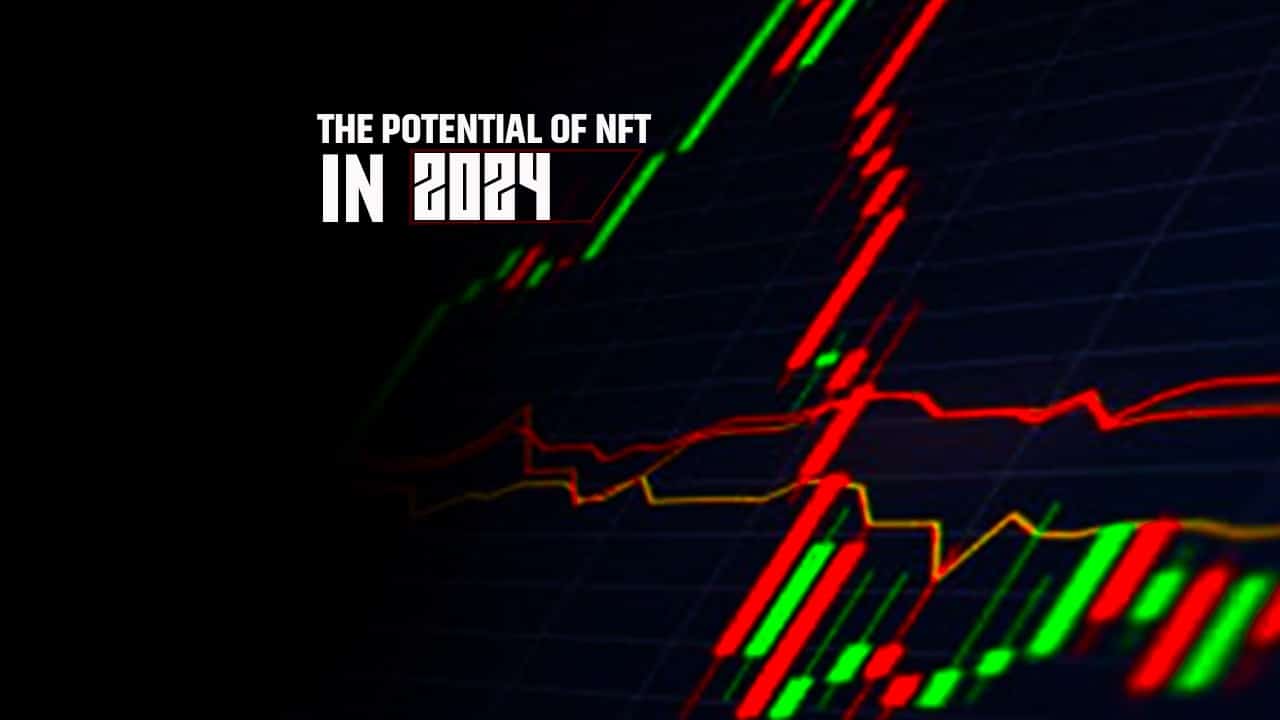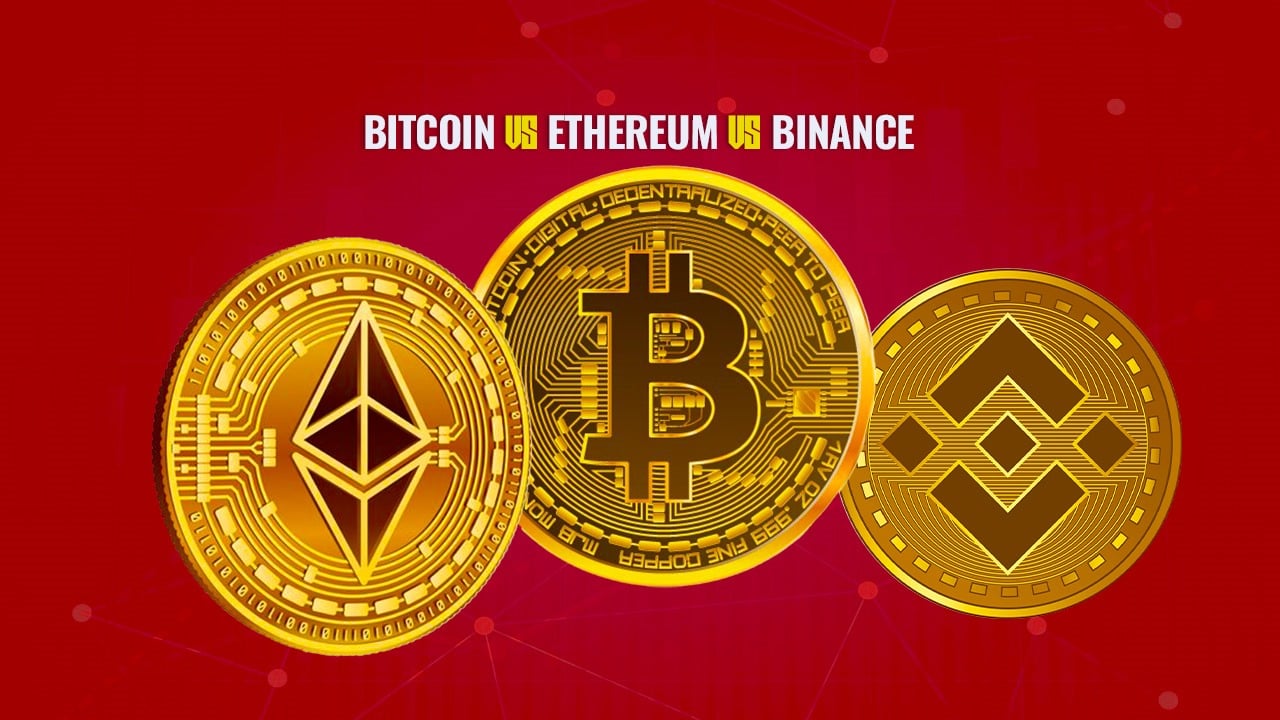Undoubtedly, Bitcoin may cause polarization. Bitcoin zealots assert that crypto will eventually replace gold, all forms of legal tender, credit cards, and the financial system as a whole. Despite rational enthusiasm, it is doubtful that it will occur in the near future. However, media detractors frequently misrepresent Bitcoin as nothing but a speculative instrument, a catastrophe for the environment, a hype, or worse. Investing in Bitcoin as well as in Bitcoin Motion app could be a way to gain access to that future.
Unfortunately, this makes it challenging for a trader to undertake an impartial, sober analysis of the facts. Investors must thoroughly research Bitcoin as a financial asset and weigh the dangers before making a purchase.
The Top Bitcoin Facts and Myths You Need to Know
1. Bitcoin is an Energy Waster
The tremendous computer power used by Bitcoin “miners” is used to protect the network. According to some estimations, those computers consume as much energy as Chile. The result has been accusations of energy waste. Only those who believe something serves no purpose at all consider it to be a waste of energy. The Bitcoin network protects $1 trillion in value and provides services to millions of users, many of whom lack access to conventional payment networks.
Miners sometimes settle in areas with cheap, plentiful electricity, which frequently implies sustainable hydropower or geothermal sources. At a minimum, 39% of Mining bitcoin now takes place using renewable power, and that percentage is continuously increasing. Running TikTok, FedEx, and the U.S. Department of Defense also consumes a lot of energy. Without question, there is a problem with Bitcoin’s carbon footprint that has to be fixed.
2. Only Speculative Uses Exist for Bitcoin
That is not true. The Bitcoin network resolves transactions worth about $10 billion per day. It is often seen that Bitcoins transactions, particularly in the developing world, are for regular usage like remittances, while others are investment purchases or purchases for speculation.
3. Governments will Sabotage Bitcoin
It is true that the governments of Africa, Russia, and Belarus have a negative attitude against Bitcoin. However, the scenario is unique in the United States, Ontario, along with much of the West.
The ability to regulate Bitcoin derivatives exists through the CFTC, which regulates the commodities market, and the Office of the Comptroller was successful in clearing banks and offering conservatorship facilities for Bitcoin. Above everything else, central banks are concerned with financial stability.
4. To be a Financial Asset, Bitcoin must not be too Volatile
Even while Bitcoin is more unpredictable than, for instance, government bonds, this is not always a bad thing. Gold’s price saw enormous volatility in the 1970s when it was legally cut off from the monetary system. It increased tenfold in a decade before dropping by 60% and remaining stable for decades. When gold was rising in price, it was at its least volatile.
The highest profits are not always associated with the riskiest investments. Similarly to where jewelry would be in the 1970s, bitcoin is currently in a “price discovery” stage when significant fluctuations up and down are not uncommon.
5. Bitcoin will be Destroyed by Corporate Currencies and Central Bank Digital Cryptocurrencies
It is overly optimistic to rely on governments to lead technological innovation. Although several central banks have proposed CBDC efforts, few have advanced past the proof-of-concept phase. China is the lone exception, where the government is anxious to launch its own virtual money in order to increase control over household demand and increase its global influence. This serves to strengthen Bitcoin as many people would want to avoid the Communist Party’s prying eyes.
Conclusion
At the end of the day, when we talk about Bitcoins among the other forms of cryptocurrencies, it is undoubtedly a spur for innovation and may play a significant role in the development of the world’s financial system in the future. Money is progressing farther into the future after millennia of change, from sea shells to pottery tablets to gold bullion, dollar bills, and bank balances.
It is no doubt the concept of digital money is evolving as it is gaining huge attention among financial investors. Bitcoin may not be a good investment for everyone, and its success is not guaranteed to everyone out there.













































